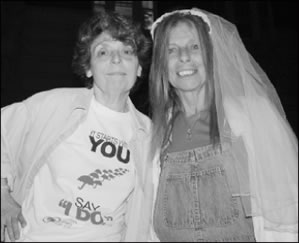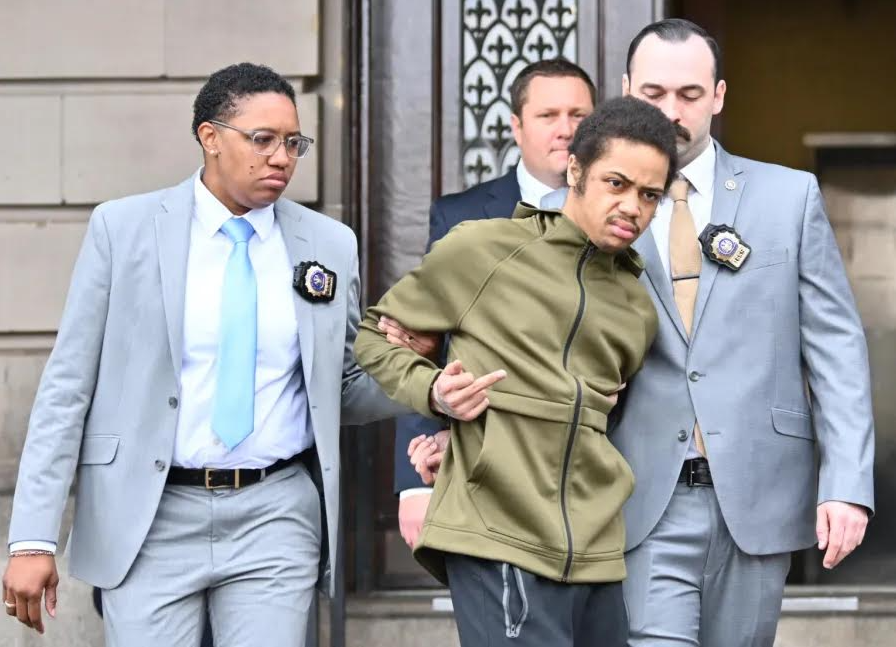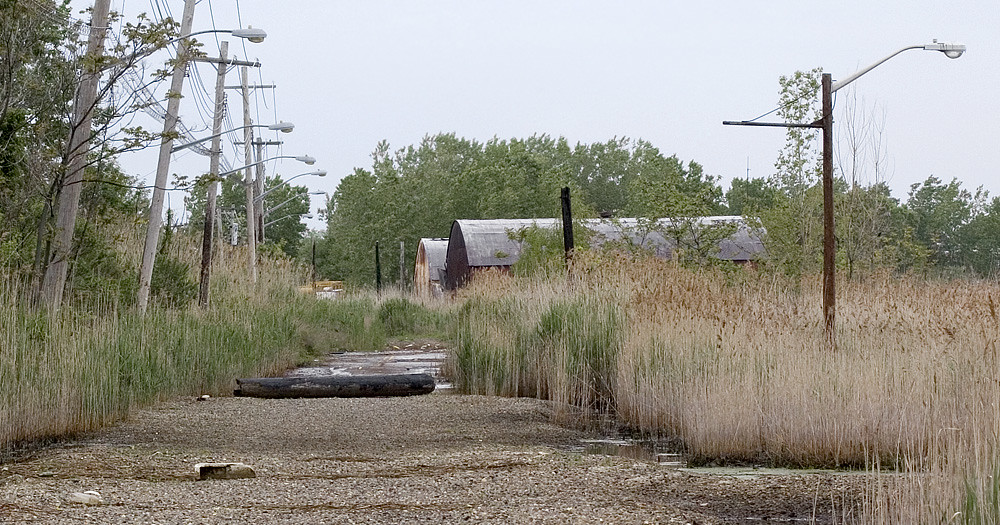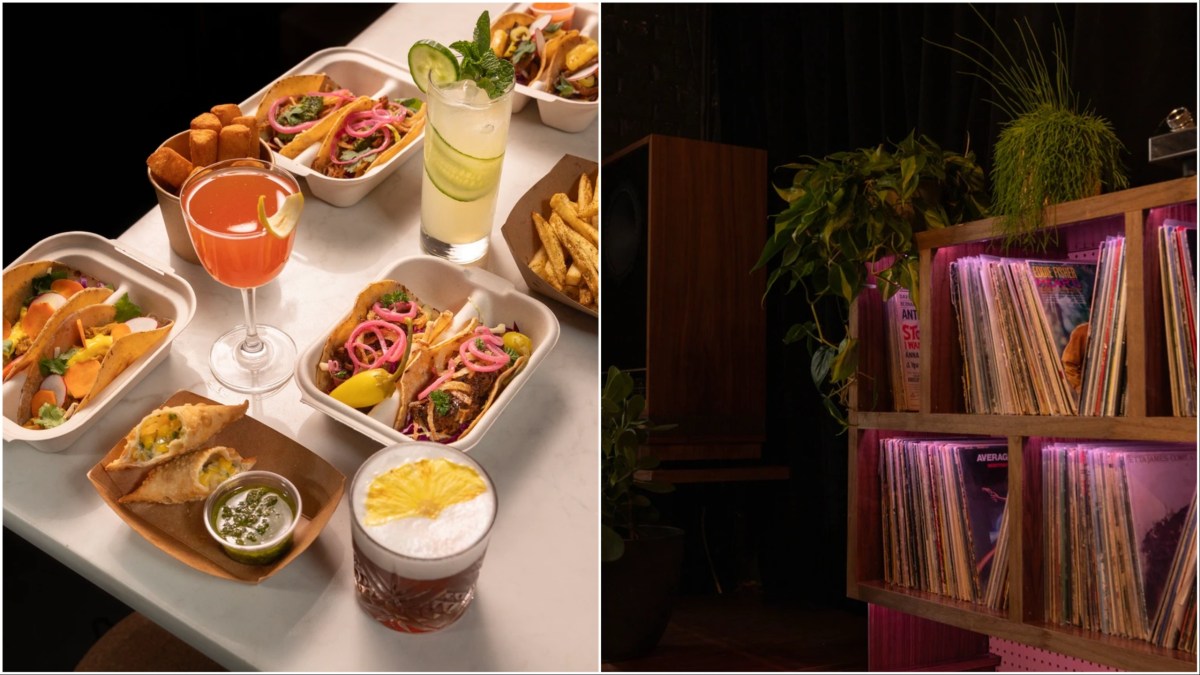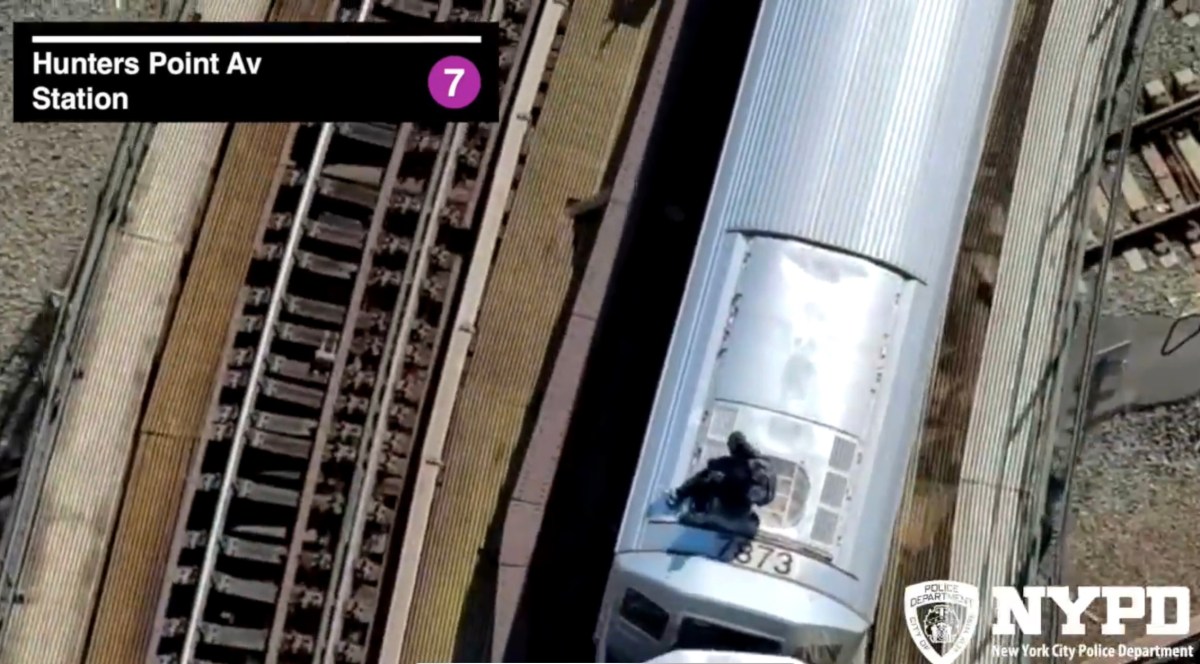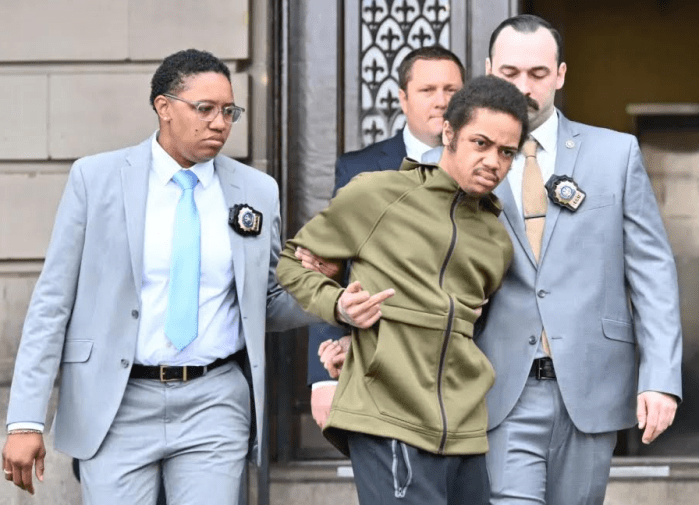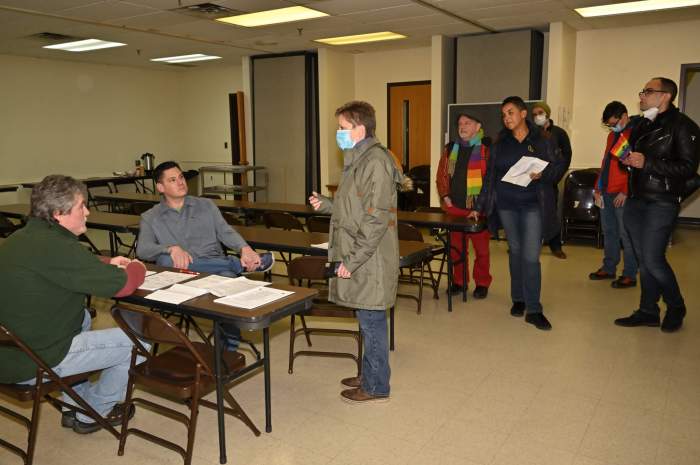By Aidan Gardiner
At 10:30 p.m. last Friday, nearly 42 years to the day since the riots that made it the epicenter of the fight for gay rights, and only two days before New York’s Pride March, the Stonewall Inn was surrounded by a crowd that erupted into ecstatic cheers. The state Senate had finally granted same-sex couples the long-fought-for right to wed.
Many arrived at the iconic Christopher St. bar earlier in the night to track the progress of the protracted legislative debate, and then the scene shifted from eager anticipation to outright celebration, with dancing, ecstatic embraces and salvos of flashbulbs. The crowd grew to nearly 500 as people from throughout the city came to the Stonewall to celebrate what will likely become an equally important milestone in gay rights history.
Same-sex marriage was a relatively new goal for L.G.B.T.Q. (lesbian, gay, bisexual, transgender and questioning) advocates. In 2004, the mayor of New Paltz, N.Y., directed the city government to start performing same-sex civil unions in what would be the first notable push toward marriage equality in the state. Although the state intervened and ended his directive, other efforts began.
A marriage equality bill came before the state Senate in 2009, but was shot down when lackluster leadership by then-Governor David Paterson and fractious advocacy groups failed to secure enough votes. Many thought the 2009 defeat was a deathblow for the movement until Governor Andrew Cuomo renewed the campaign in May.
At about 9:45 p.m. last Friday, only about 100 people had gathered outside the Stonewall Inn. A portable amplifier towed behind a bicycle played music. People crooked their necks downward to read the latest updates on Twitter. The blue glow of smartphones punctuated the anxious crowd. As the Senate reconvened after a short recess to vote on a religious exemption amendment, one man stood in the middle of a small huddle and read updates aloud.
People gathered around the entrance of the bar trying in vain to enter. As two officers squeezed out, a young man asked them, “What’s the policy here? One leave, one enter?”
“No, no, no,” an officer replied. “We’re not working the door here. We’ve grown a little sensitive about telling people when they can and can’t enter this place.”
The crowd cheered when the exemption amendment passed. It seemed like a forgone conclusion. It would be absurd for the senators to pull up the reins at this point. But the cynical mantra of seasoned Albany reporters that spread throughout Twitter kept everyone nervous: It isn’t over until it’s over.
The big bill finally came to the floor. Two years before, hearts sank across the state as, vote by vote, marriage equality slipped away. But now, each “aye” sent waves of cheering from the bar, which was streaming the proceedings live, then to the crowd outside whose phones caught the news seconds later.
It was happening.
Then with the 32nd vote, Senator Stephen Saland, of Poughkeepsie, secured the bill’s passage and sent the West Village into euphoria. Many cheered. Some danced. Some kissed. A few frantically waved rainbow flags. But most walked through the crowd with a huge grin.
Media outlets tried to capture every moment of the revelry. Photographers unleashed their flashes on a young man who threw up his arms and bellowed with joy. An Associated Press cameraman stood atop a small stepladder to capture the entirety of the crowd. Reuters and New York 1 interviewed as many couples as they could find.
Late into the night, the bicycle amplifier played songs like Cher’s “Believe,” which has long been a dance club standard, Lady Gaga’s “Born This Way,” which some have argued is the new L.G.B.T.Q. anthem, and Hot Chocolate’s ’70s hit “You Sexy Thing” with the poignant refrain, “I believe in miracles.”
Many brazenly popped champagne on the street and in full view of the police. A line formed outside Village Liquors just down the street from the bar. Every other person was buying champagne. Outside, one man said his was warm, but he drank it happily.
Inside the liquor store, a clerk hurriedly transferred new bottles from their boxes and into a refrigerator. With a smile, he conceded that he would likely run out by the end of the night.



